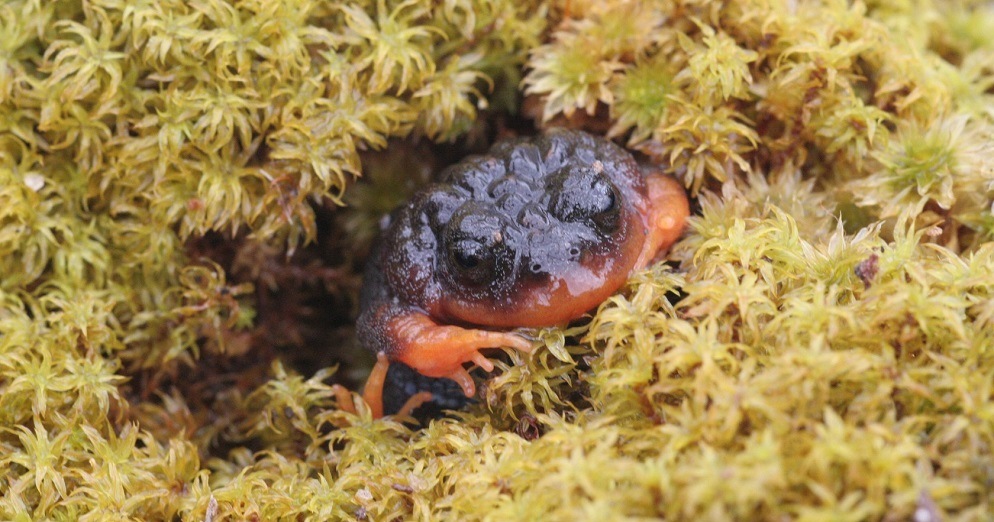By Siobhon Eacott
In the beautiful Walpole Wilderness area of Western Australia’s South West is a remarkable ecosystem at the centre of an ambitious research project.
Associate Professor Nicki Mitchell, from The University of Western Australia’s School of Biological Sciences, and head of the five-year project PEAT – Protecting Peatland Ecosystems and Addressing Threats in the Southwest, is hoping to uncover the secrets of this unique form of wetland, as well as how to protect them.
“Peatlands are a unique ecosystem, taking many thousands of years to form and housing some of our most ancient plant and animal species – yet we know relatively little about them,” Associate Professor Mitchell said.

The project, co-led by UWA and Edith Cowan University, and guided by Elders, is a collaboration between academic and community-based scientists, managers, and volunteers, including the Undalup Association, the Department of Biodiversity, Conversation and Attractions, the Western Australian Museum and the Walpole-Nornalup National Park Association.
In Western Australia’s South West, an internationally recognised biodiversity hotspot, peatlands are particularly diverse and contain stunning species such as the Sunset Frog and the one-of-a-kind Albany pitcher plant.

They also store vast amounts of carbon in their organic soils that may be several metres deep.
Despite their importance, these rare, waterlogged ecosystems face an uncertain future.
“The effects of climate change, particularly declining rainfall, have intensified wildfires across the country, which is leading to an overall degradation of peatlands if they are dry enough to combust,” Associate Professor Mitchell said.
“The location of many peatlands is also still generally a mystery – they’re understudied thanks to their remoteness and the fact their locations are difficult to map.”
The community at Walpole and surrounding areas have become on-the-ground members of the data-collection team, and have organised ‘‘BioBlitzes’ that helped kick off the project.

Guided by Pibulmun Traditional Custodians and the Walpole-Nornalup National Park Association, these intensive biological surveys aim to identify and record as many species as possible in peatlands and surrounding areas in a short period. New species, particularly invertebrates, have already been discovered, and this kind of ‘citizen science’ will continue as part of the PEAT project.
“We’re first focused on mapping the peatlands and finding our feet, as we begin to assess the reality of how fragile these ecosystems are,” Associate Professor Mitchell said. “The community and DBCA managers are integral to the project’s success, providing on-ground support and local knowledge.”
The project has received $1.34 million funding from The Ian Potter Foundation, one of Australia’s major philanthropic organisations, enabling extensive research on the geodiversity, biodiversity and hydrology of peatlands, informed by traditional knowledge and histories of landscape management by Traditional Custodians.
Knowledge generated from the project will be used to design management strategies to conserve peatlands in collaboration with government, traditional owners and the wider community.
“PEAT is an excellent example of how Western and Indigenous science can work hand-in-hand with communities to achieve positive outcomes for conservation,” Associate Professor Mitchell said. “We hope that our collaboration will not only benefit peatlands in Western Australia but will provide insight and support for the protection of peatland ecosystems worldwide.”
Read the full issue of the Winter 2023 edition of Uniview [PDF 2.7Mb]. The Uniview accessible [PDF 2.9Mb] version is also available.
